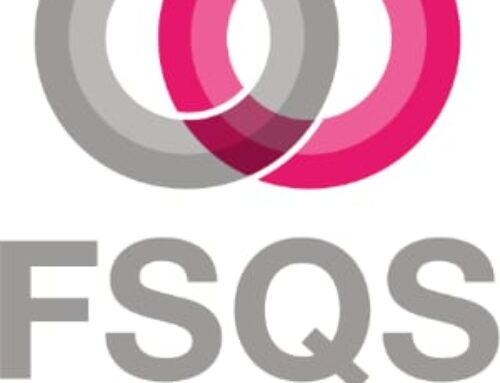Implications of the AG Opinion in the Aspiro case
On 23 December 2015, Advocate-General (AG) Kokott released her opinion on the Polish case of Aspiro SA (“Aspiro”, formerly known as BRE Ubezpieczenia, C-40/15). The AG concluded that the claim handling services provided by Aspiro are subject to VAT.
Background
Aspiro provides claim handling services to an insurer. In providing its services Aspiro deals directly with the customer, but does this on behalf of the insurer.
As part of its role, Aspiro receives a claim file from the insurer, contacts the claimants (the insured persons), drafts reports in relation to the damages, collects documentation which is needed to handle the claim and decides on settlement of the claim. Aspiro is also involved in recourse procedures and processes appeals.
The question brought before the Court of Justice of the European Union (CJEU) was whether Aspiro’s service qualified for VAT exemption. The AG effectively considered that there are two routes to exemption: that the service is part of an insurance contract or that the service is an insurance related service by an insurance agent or insurance broker.
The AG’s opinion
The exemption applies to the provision of insurance and reinsurance and related services by insurance brokers or insurance agents.
The AG concluded that Aspiro does not provide insurance, nor are its activities similar to providing insurance. Hence, the VAT exemption for the provision of insurance does not apply.
The AG concluded that insurance related services can in principle include every service which relates to insurance and without a doubt covers claim handling services. However, the AG went on to consider whether Aspiro qualifies as an insurance broker or insurance agent in the provision of its services. In concluding on this the AG considered whether Aspiro:
- qualifies as an insurance agent or insurance broker for VAT purposes; and
- its services are core activities of an insurance agent or insurance broker
It was a matter of fact that Aspiro does not qualify as an insurance agent or insurance broker for regulatory purposes. However, the AG concluded that Aspiro does qualify as such for VAT purposes because it has a contractual relationship with the insurer and has dealings directly with the insured.
The AG then referred to the Arthur Andersen decision (C-472/03) and stated that, for the exemption to apply, the services should at least involve the essential aspects of the activities by an insurance agent or an insurance broker. These include the finding of prospects and their introduction to the insurer with an aim to conclude an insurance contract. Other activities which extend beyond intermediation can only be exempt if the insurance agent or broker undertakes this core activity. In the present case, Aspiro does not do this and therefore the exemption does not apply to Aspiro’s services.
Finally, the AG concluded that the neutrality principles do not change this conclusion. Whilst taxation could affect an insurer’s decision on whether to outsource claim handling activities, this in itself is not sufficient to exempt the services under the principles of fiscal neutrality.
Conclusion
The AG’s opinion is in line with the principles set out in the Arthur Andersen judgement and confirms that insurance related services will only be exempt where the insurance agent or insurance broker is involved in the conclusion of the referable insurance contract.
If the AG’s opinion in Aspiro is endorsed by the CJEU, there may be a renewed focus on the UK treatment of insurance related services and there may be a requirement for the UK legislation to be changed to bring it into line with the decision. However, until such changes are made, UK taxpayers can rely on existing UK law. It is noted that the AG’s opinion appears to be in line with the current rules in most EU Member States.
Credit to E&Y for this article – http://www.ey.com/Publication/vwLUAssets/EY-Tax-Services-VAT-treatment-of-claim-handling-services/$File/EY-Tax-Services-VAT-treatment-of-claim-handling-services.pdf





